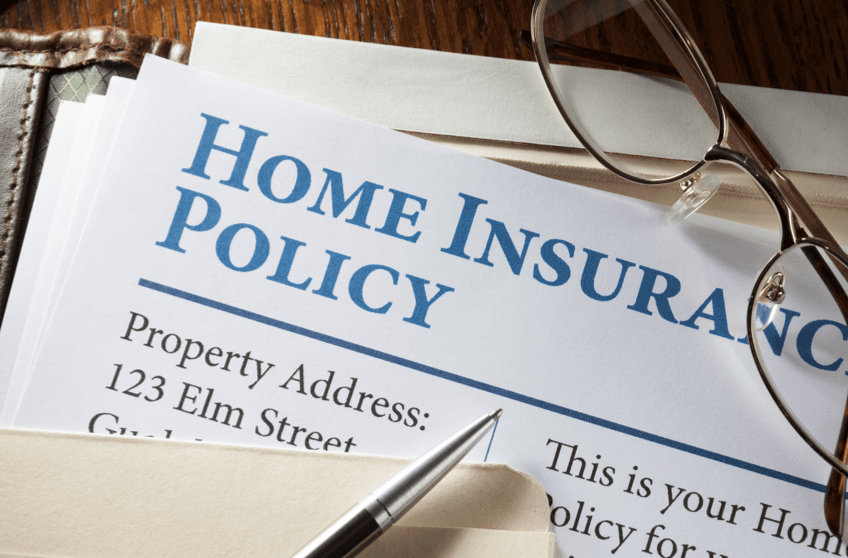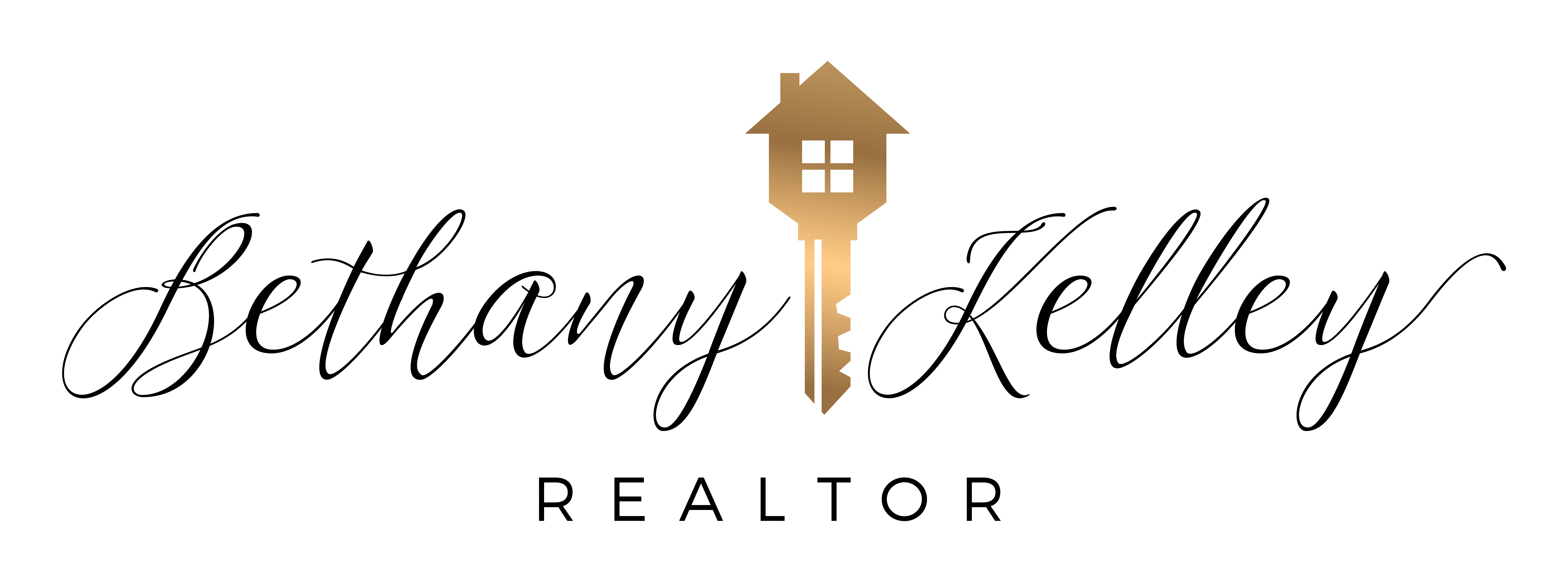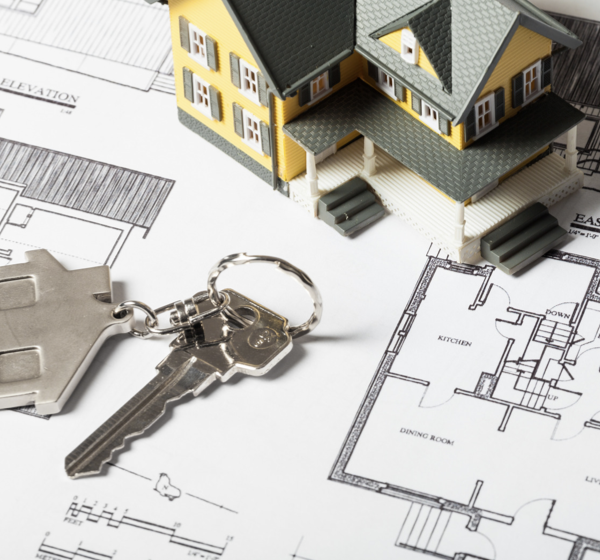Hey there, folks! Thanks for reading the fourth and final installment of my real estate guide series, “Mistakes in Real Estate – Top 12 Buyers Mistakes”. It was a lot of fun creating this series and my sincere hope is that you had a few takeaways to assist you in your search for your first (or second, or third!) home.
Table of Contents
Not getting pre-approved before looking at homes
One of the biggest mistakes that a buyer can make is to not get pre-approved by a solid lender before starting to look at homes. Buyers will often try to “guesstimate” what they think that they can afford when purchasing a home without looking at all of the factors that go into qualifying for a loan or without looking at what the actual monthly payment will look like for them.
While there are many online tools to figure out what you think that you can afford, none of these are as accurate as reaching out to a lender and having that lender at least pre-qualify if not actually pre-approve you. When a lender has received your application for a loan, pulled your credit, and looked at your income and assets, they can make a much better decision about what amount you qualify for and what your actual mortgage payment will look like. They can also then advise you on what type of loan makes the most sense for you.

The first step in this process (once you’ve interviewed and chosen a lender) is to fill out an application, usually online. The application will ask for your personal information – name, social security number, birth date, citizenship status as well as the personal information for any co-borrowers. You may also need to provide your marital status, dependents, and current address. You will also have to provide information about your employment. If you are self-employed, there will be some extra information that you will need to provide. The application will also ask for information about your assets (bank accounts, investments, retirement accounts, etc.) and debits (credit card balances, loans, child support, alimony, etc.). This helps the lender get a good picture of what your debt to income ratio is which is key when making a decision about what amount you qualify for. Often, you will also have to answer questions about any real estate you currently own and if you plan to sell or hold onto that real estate when you purchase your new home.
Some of the documents that you should gather when you’re applying for a loan include tax returns from the last few years, proof of income (pay stubs or 1099s), and financial statements (bank statements, investment statements, loan statements, etc). Sometimes there are other documents that a lender may ask for as well.
Once you have filled out a loan application, you’re on your way to getting pre-qualified for a loan. The lender then will take the information that you’ve provided to them and give you a ballpark estimate of what you should be able to qualify for. Because a credit check often hasn’t been done at this point and a lender has not usually received supporting documents concerning your assets and debts, this is just an estimate, but not a guarantee. At this point, a lender can usually offer a “Pre-Qualification Letter” which is their best guess at what you will be approved for once your credit is pulled, assets are verified and the loan process continues. A pre-qualification is only as good as the information that you provided to the lender. If something in your application is not accurate, this estimate can change drastically.
If you are ready to purchase a home, it would be smart to go one step further with your lender and ask for a “Pre-Approval”. To get a pre-approval from a lender, the lender will need to run a credit check, verify your employment, review all supporting documents concerning your assets and debts, and run all of this through a program called Desktop Underwriting. These further steps are a much better guarantee that you will be able to qualify for the type and amount of loan that you need and will often let you know what interest rate that you qualify for. The better your credit and the lower your debt to income ratio will allow you to qualify for a lower interest rate. The more work you do up front to get your pre-approval, the stronger you offer will be because a seller can see that your finances have been thoroughly vetted by a lender.
Each lender’s process is a little different, but this is a basic overview of how the process generally works and what you need to be prepared for when applying for a mortgage loan. While starting out with a pre-qualification will at least give you a ballpark estimate of how much you can qualify for, taking the extra time and steps to get a pre-approval is definitely the best way to go if you are serious about purchasing a new home.
Buying or selling a home is a huge decision. You need the guidance of a real estate expert to help you navigate this process. Click here to find help with making good real estate decisions.
Jeopardizing Your Credit Between Pre-Approval and Closing
As realtors, we often say that there are Ten Commandments for buying a home when it comes to financing. All buyers really need to follow these so no issues come up between when you get pre-approved and when your loan closes.
1. Thou shall not change jobs, become self-employed, or quit your job.
The absolute worst thing that you can do while you are house hunting is change your job, become self-employed, or quit your job. If it looks like you are going to be in this type of situation let your lender and your realtor know right away so that they can help you through this, especially if you are under contract to purchase a home.
2. Thou shall not buy a car, truck, van, boat, or any other large purchase unless you want to live in it!
You should not make any large purchases at all while you are in the process of buying a home. All of these types of purchases, especially if made using credit, may push your debt to income ratios too high which will then mean that you can’t qualify for your mortgage loan.
3. Thou shall not use credit cards excessively or fall behind on any current bills.
Another huge mistake that buyers can make is to rack up credit card debt while getting a mortgage loan or even let the payments on current debts and bills fall behind. Once again, this is something that can make your debt to income ratio fall into a level that will not allow you to get your mortgage loan and can also lower your credit score.
4. Thou shall not spend money that you have set aside for closing.
Part of the process of preparing to buy a home is to budget for your closing costs. At a minimum, plan on having at least 3% of the sales price set aside to cover your closing costs as well as money set aside for your down payment. Your lender will need to verify that you have this money set aside and ready to go just before closing, so you absolutely should not spend this money on anything else between when you get pre-approved and when your loan closes.
5. Thou shall not omit debts or liabilities from your loan application.
You must be completely honest when filling out your loan application about all debts and liabilities that you have. When your lender pulls your credit, all of this will come to light anyhow, so it is important to include everything on your loan application. It is not good for surprise debt to pop up when your credit is pulled. Also, most lenders will do one last credit pull right before closing to make sure that you have not incurred any new debt. There should be no changes to your credit report from when it’s initially pulled at application time until closing time.
6. Thou shall not buy furniture on credit.
As was discussed in #2 above, do not buy anything large on credit between your pre-approval and closing. Furniture may have to wait until you close on your new home. It will be easier anyhow for you to make a decision on new furniture once the home is actually yours and you can get a feel for how you want to live in the space.

7. Thou shall not originate any inquiries into your credit.
Don’t let anyone other than your lender run credit checks during this time. All of those offers for 20% off when you open a store credit card need to be declined. You need to keep your credit as clean as it was when you applied for a loan and credit inquiries can lower your credit score.
8. Thou shall not make large deposits without checking with your loan officer.
During this process any large or unusual deposits into your accounts need to be properly documented. Whether it’s a bonus from your company or a gift from a relative. All of this must be documented and properly tracked. Your loan officer can best advise you on how to make sure that these types of deposits are properly documented.
9. Thou shall not change bank accounts.
Just like you should not have any changes in your creditworthiness, you don’t want any changes in your banking either. You want your financial situation to stay pretty much stable throughout this whole process. If you do need to change banks, just wait until after you have closed on your new home.
10. Thou shall not co-sign a loan for anyone.
Co-signing a loan for someone else is generally not a good idea at any time, but it’s a very bad idea when you are applying for your own loan. Any loan that your name is on can become your responsibility at any time, so it is considered a debt of yours even if you are not the one making the payments. This is just one more thing that can skew your debt to income ratio and may cause you not to qualify for your loan.
If you stick to these rules and remember not to do anything that will change your financial situation, you should be in good shape from pre-approval to closing.
My mission is to guide buyers, from being potentially frustrated and confused, to confident and educated. Schedule a conversation with me today!
Not Checking Into Homeowners Insurance
Homeowners insurance is something that as a new home buyer you need to put quite a bit of thought into. Homeowners insurance will cover your home itself as well as your personal belongings against perils such as fire, water damage, theft, storms, etc. Homeowners insurance also often covers medical and legal expenses if someone other than you or your family is injured on your property.

If you are getting a loan on your house, your lender will require that you have homeowners insurance lined up well before closing on the home. I always recommend researching homeowners insurance within the first week of going under contract on a home. You want to be sure that you can get homeowners insurance on a particular home and you want to make sure that it’s affordable.
Homeowners insurance rates are largely determined by the insurer’s risk that you will file a claim on a property. Interestingly enough, this isn’t necessarily based on anything you have done in the past, but it’s based on if there have been past claims placed on the home itself, if there have been a lot of claims placed on other homes in the neighborhood, and on the age and condition of the home. Because you most likely won’t know the claim history of a home that you are thinking of purchasing, you should research insurance companies and have them take a look at how much it’s going to cost for you to get the type of insurance policy that you need on a home.
One other thing that can greatly affect the cost of your homeowners insurance is if the home that you are purchasing is in a floodplain. If a home that you are buying is in a floodplain you will want to do a lot of research about what parts of your property are in the floodplain, how frequently that area is expected to flood, and how much it will cost to carry flood insurance on your home. This is one thing that can make some homes unaffordable for buyers.
When you are seriously considering purchasing a particular home or if you are under contract on a home, part of your due diligence should involve researching homeowners insurance. You want to make sure that you have the right type of insurance with a reputable company and that it is affordable since you will be required to have homeowners insurance if you have a loan on a property. Even if you don’t have a loan on a property you should always carry homeowners insurance to protect your home and your personal property in case of perils.
Conclusion
While these are definitely not every mistake that can come up in the homebuying process, I would say that they are definitely some of the top ones and are often overlooked. As a buyer, you need to educate yourself on every step in this process and be sure that you stay on the right track. Working with a great realtor and lender will definitely help you navigate this process with ease.





[…] sure you join me next week for Part 4 of series 1, Mistakes in Real Estate, Top 12 Buyer Mistakes! Also, if you found this content helpful, I’d love it if you could help me get the word our […]